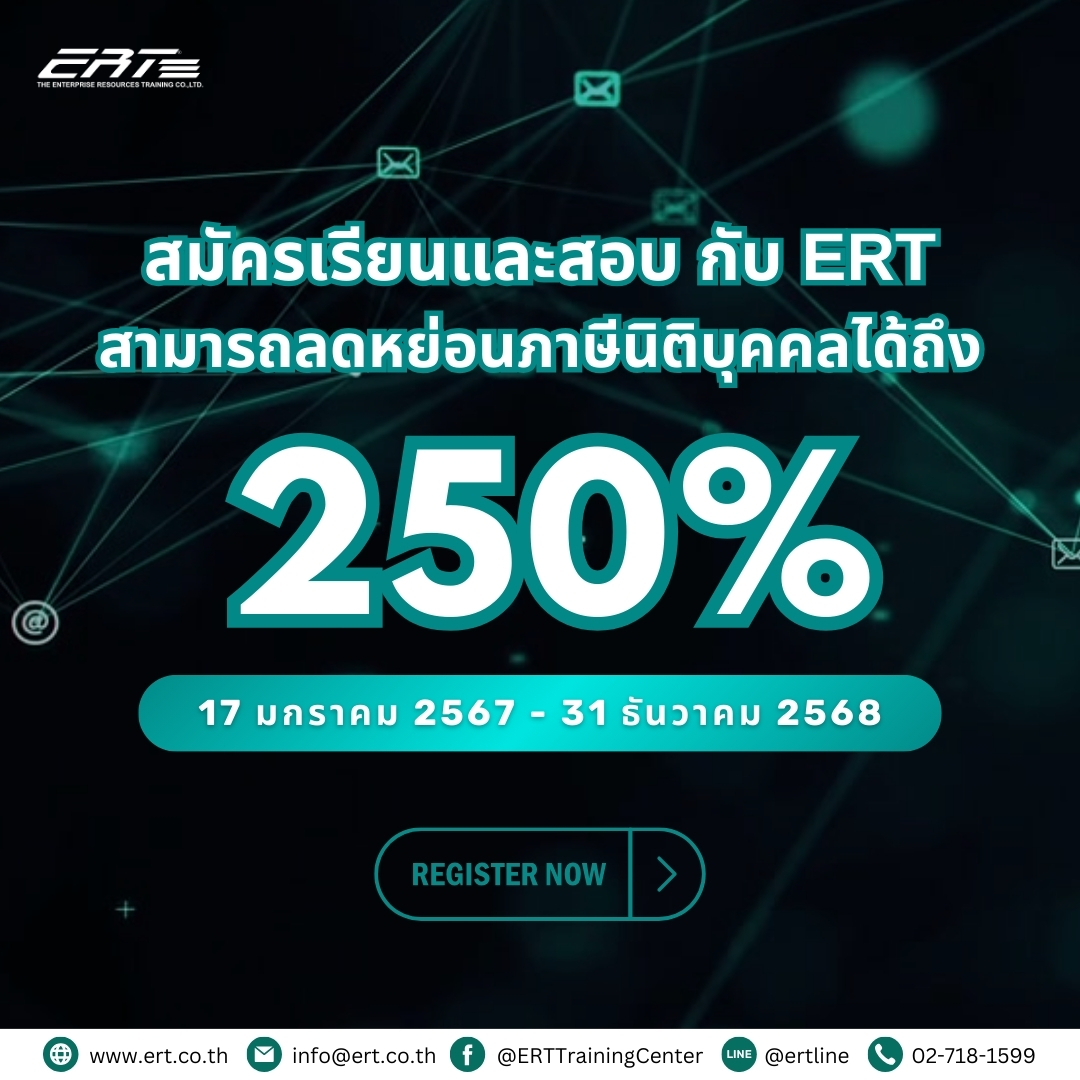Microsoft Power Platform Developer(PL-400T00)
AUDIENCE
Candidates for this course design, develop, secure, and troubleshoot Power Platform solutions. Candidates implement components of a solution that include application enhancements, custom user experience, system integrations, data conversions, custom process automation, and custom visualizations. Candidates will gain applied knowledge of Power Platform services, including in-depth understanding of capabilities, boundaries, and constraints. Candidates should have development experience that includes JavaScript, JSON, TypeScript, C#, HTML, .NET, Microsoft Azure, Microsoft 365, RESTful Web Services, ASP.NET, and Power BI.
Skills gained
- Create a technical design
- Configure Common Data Service
- Create and configure Power Apps
- Configure business process automation
- Extend the user experience
- Extend the platform
- Develop Integrations
Prerequisites
- Candidates should have an introductory knowledge of Power Platfom
- Candidates should have development experience that includes JavaScript, JSON, TypeScript, C#, HTML, .NET, Microsoft Azure, Microsoft 365, RESTful Web Services, ASP.NET, and Power BI

|
Phone
|
Phone
|
|---|---|
|
Product
|
Microsoft
|
|
Code
|
PL-400T00(T)
|
|
Duration
|
5 Days
|
|
Price (baht)
|
20,000
|
About the course
Course outline
Module 1: Becoming a Solution Architect/Getting to know your customer
Lessons
- Define a Solution Architect
- Role of a Solution Architect on projects
- Project Methodology
- Getting to know your customer
- Group exercise – Getting to know your customer
Module 2: Conceptualizing the design from requirements
Lessons
- How to lead the requirement collection effort
- Using fit gap analysis
- Pillars of good architecture
- Blueprinting the solution architecture
- Group exercise – Design from requirements
Module 3: Project governance and working as a team
Lessons
- Solution Architect’s role in project governance
- Techniques for keeping a project on track
- Scenarios that could cause a project to fail
- Group exercise – Project governance and working as a team
Module 4: Power Platform Architecture
Lessons
- Key Power Platform architecture components
- Understand how platform design and limits influence solution architectures
- Updates and feature releases
- Understand how to communicate how the platform meets customer needs
Module 5: Data Modeling
Lessons
- Data model influences
- Data model strategy
- Data types
- Data relationships
- Group exercise – Data modeling
Module 6: Analytics and artificial intelligence
Lessons
- Planning and evaluating requirements
- Operational reporting
- Power BI
- Enterprise BI
- Pre-built insights and custom AI
Module 7: Power Apps Architecture
Lessons
- Discuss options for apps and how to choose where to start
- Discuss app composition options
- Using components as part of your app architecture
- Considerations for including Portals as an app in your architecture
- Group exercise – Power Apps Architecture topics
Module 8: Application Lifecycle Management (ALM)
Lessons
- Microsoft vision and Solution Architect’s role in ALM
- Environment strategies
- Defining a solution structure for your deliverable
Lab : ALM Hands-on Lab
Module 9: Power Automate Architecture
Lessons
- Discuss options for automation and custom logic
- Review considerations for using triggers and common actions
- Explore using Business Process Flows (BPF) to guide users through business processes
- Group Exercise – Evaluate scenarios for Power Automate usage
Module 10: Security Modeling
Lessons
- Solution Architect’s role in security modeling
- Discovery and learning your client’s environment
- Controlling access to environments and resources
- Controlling access to CDS Data
- Group Exercise – Security Modeling
Module 11: Integration
Lessons
- Solution Architects role in Integrations
- What is an integration and why do we need it
- Platform features that enable integration
- CDS Event Publishing
- Scenarios for group discussion
Module 12: Dynamics 365 Applications Architecture
Lessons
- Solution Architect’s role when deploying Dynamics 365 apps
- Architecture Considerations for primary apps
- Group Exercise – App specific working groups evaluate requirements
Module 13: Power Virtual Agents architecture
Lessons
- Introduction
- Chatbot options
- Chatbot concepts
- Best practices
- Integrate chatbots
- Power Virtual Agents in Microsoft Teams
Module 14: Robotic Process Automation
Lessons
- Introduction
- Power Automate Desktop
- Recording and editing tasks
- Running desktop flows
- Process advisor
Module 15: Testing and Go Live
Lessons
- Solution Architect’s role with testing and go live
- Planning for testing
- Planning for go live
Register for Training
Schedule
| Start Date | End Date | Duration (days) | Price | Register | Course | Code | Product |
|---|

